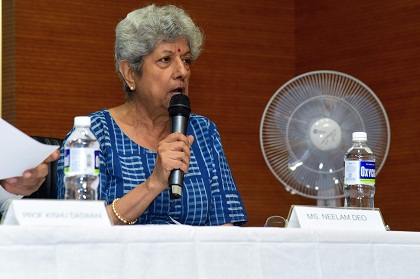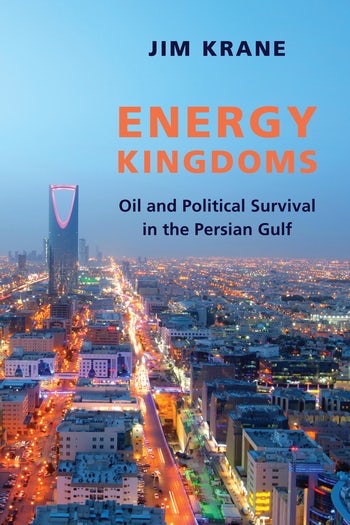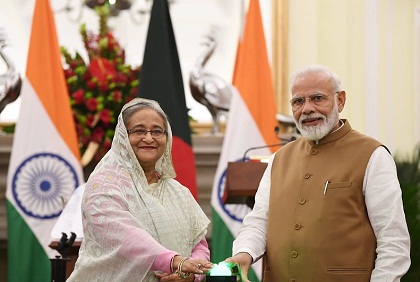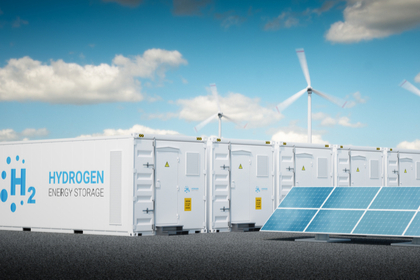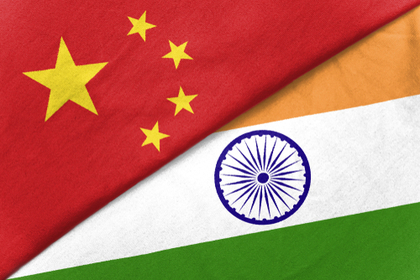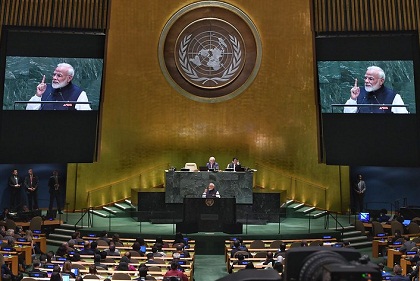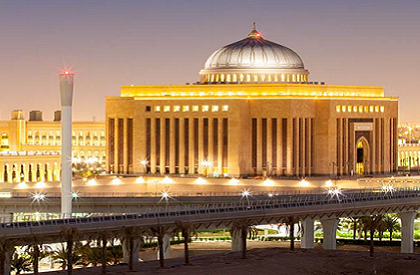Debate on the newly assertive India
The world has changed – and so has India in the last 70 years since independence. Its foreign policy has evolved from non-alignment to multipolarity and to proactive participation in various multilateral organisations. Building on the work of its predecessors, the Modi government’s diplomacy articulates India’s interests more forthrightly and pursues them more energetically

